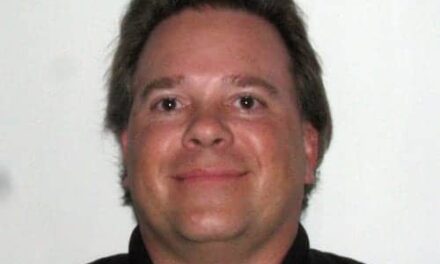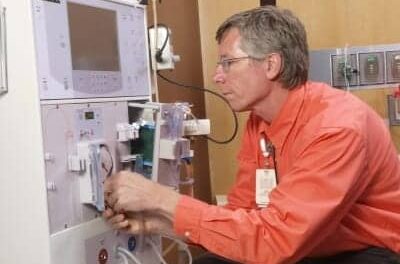Aethlon Medical, Inc., a San Diego-based therapeutic technology company, has been award a grant from the U.S. National Cancer Institute (NCI) to further develop its hemopurifier for the targeted removal of breast cancer exosomes from the blood.
The $298,444 NCI Phase I grant, which is good from Sept. 14, 2018, through Aug. 31, 2019, calls for two subcontractors to work with the company on the grant, namely the University of Pittsburgh and Massachusetts General Hospital. Upon the completion of the Phase 1 grant, the company will have additional funding opportunities under the NCI program.
The proposed research entails an ex vivo evaluation of the medical device as a strategy for the capture and removal of exosomes from the plasma of breast cancer patients.
According to a summary of the NCI grant program abstract, “breast cancer exomes are nono-sized (30 nm-150 nm) vesicles shed in large quantities by tumor cells and laden with oncogenic cargo from their parent tumor cell…They express oncoproteins on their surfaces that have been shown to exert direct actions in interfering with the activity of therapeutic monoclonal antibodies and countering chemotherapeutic agents. These lines of evidence strongly support the development of strategies to limit the effects of tumor-derived exosomes, however, no such targeted therapeutic strategy exists.”
The Aethlon hemopurifier has been designated a “breakthrough device” by the U.S. FDA related to the treatment of life-threatening viruses that are not addressed with approved therapies. Based on human and non-human clinical studies, the hemopurifier is also a candidate to fulfill the broad-spectrum treatment countermeasure objectives set forth by the U.S. Department of Health and Human Services to protect citizens against high threat pathogens that are not addressed with traditional drug and vaccine therapies.
Since the beginning of 2018, Aethlon completed a separate Phase 1 NCI contract that demonstrated in vitro capture of metastatic melanoma exosomes by the Hemopurifier. A related Phase II request for proposal by the NCI is expected at the end of September, and the company plans to apply for that award as well. Additionally, in a clinical collaboration with the University of California Irvine Cancer Institute, the hemopurifier was demonstrated (in vitro) to capture exosomes from the blood plasma of breast cancer, esophageal cancer, and ovarian cancer subjects.




